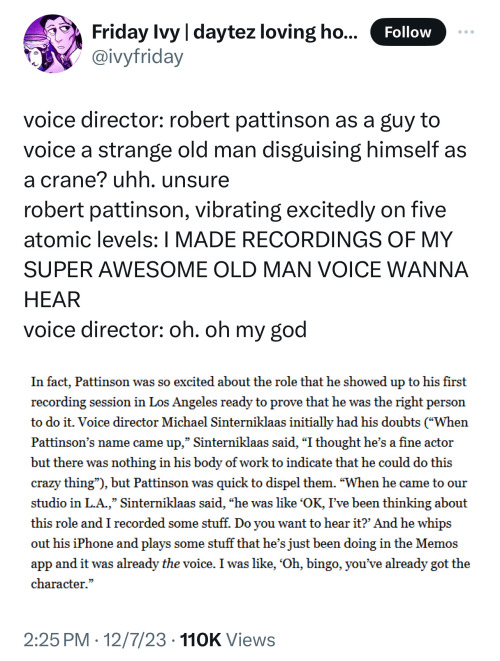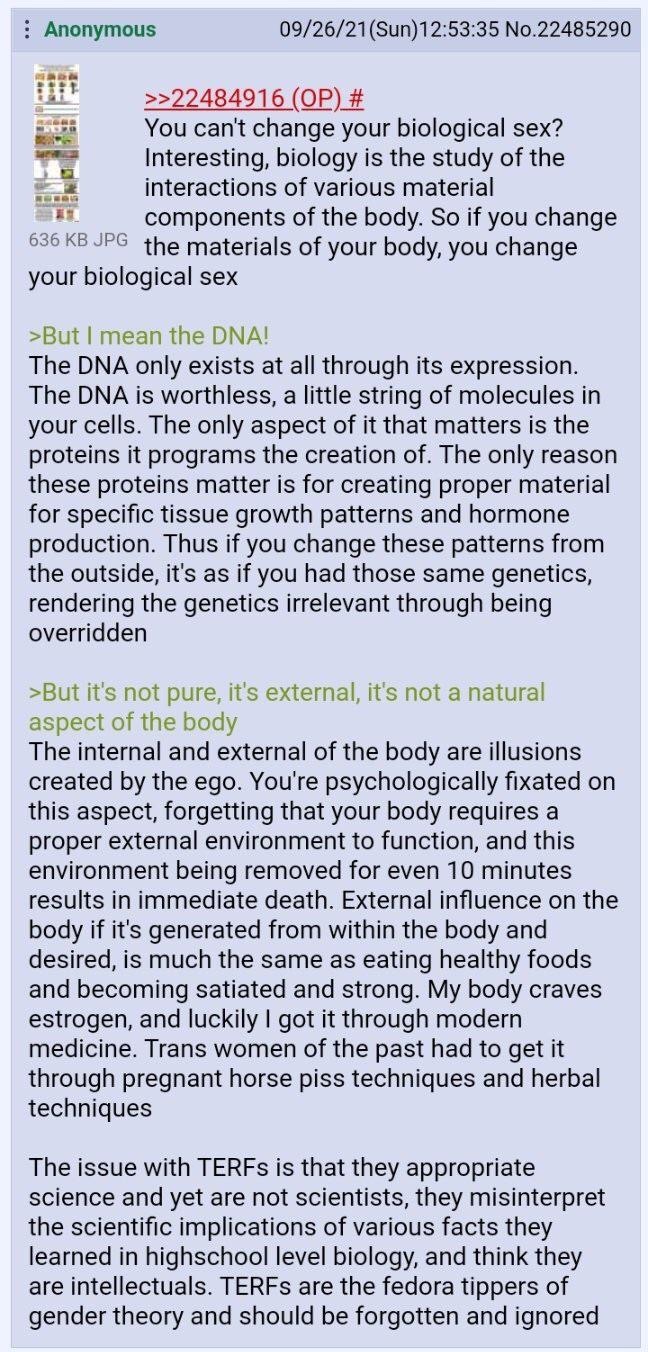Rome In Its Republican Period Was Undoubtedly The Predominant Military Force Of Its Time. Something About
Rome in its Republican period was undoubtedly the predominant military force of its time. Something about its religious and military practices, combined with its republican form of government, made the Romans do war unlike anyone else. For this post, the most important point I want to make is that Rome conquered most of its territory as a republic. In its imperial period, Roman territory did grow some, but ultimately the Empire was unstable and fractured into multiple autocratic states.
In 1789 the Estates General met in France. Called by the king and then elected by the people of France, this body rejected their monarchical mandate to address the state deficit and instead wrote a new constitution for France, establishing a democratic order on the European continent. The kingdoms around France reacted to this affront to monarchical power by bringing troops to French borders. Fired by nationalism and democratic enfranchisement, the new French state mustered an army exponentially larger than any of its neighbors. The wars that dominated the next twenty(ish) years of European history would see the rise of Napoleon Bonaparte and a large expansion of French territory.
During World War II the United States mobilized to an enormous degree to fight European fascist states and the empire of Japan. Huge numbers of young men were conscripted to fight, entire industries were devoted to military production, and all over the nation families rationed food in order to support the war effort. This just twenty years after women were granted the right to vote. At this point the United States was the oldest democratically elected national government in the world, invoking its national fervor for the cause of mass violence. In the half century after and then some, the United States dominated the world economically and militarily.
All this to say that for a very long time democracy and military power have been bound together. The most democratic nations have been the ones able to muster the largest armies, engage the most industrial production, demand the most sacrifice from their populations. On a geopolitical scale, democracy has meant power.
But here's the twist, and what terrifies me about the current moment: with the rise of machines and machine learning, and the consolidation of server ownership into the hands of just a few oligarchs, it's unclear whether that power dynamic still holds. Drones and other remote, even autonomous, technology have made both factories and battlefields less human. The human crowds that filled Roman or Parisian plazas can be atomized and identified by automated surveillance networks. Mao says that political power flows from the barrel of a gun. What happens when the guns aren't in human hands?
More Posts from Greatestgargadon and Others
For every nineteenth-century middle-class family that protected its wife and child within the family circle, then, there was an Irish or a German girl scrubbing floors in that middle-class home, a Welsh boy mining coal to keep the home-baked goodies warm, a black girl doing the family laundry, a black mother and child picking cotton to be made into clothes for the family, and a Jewish or an Italian daughter in a sweatshop making “ladies”’ dresses or artificial flowers for the family to purchase.
The Way We Never Were, Stephanie Coontz. 2016 edition.
i think the key difference between george lucas’s star wars and disney’s star wars is that lucas is a man with an ideology. someone with a point of view, and all that entails. which comes with ideas of revolution, anti-imperialism, challenging the status quo, cultural appropriation and racist stereotypes. complex and contradictory ideas because that’s how artists are: complex and complicated people. disney is not. disney is a corporation. a corporation can’t have ideology, because ideology defeats the purpose of profit. and when the only thing you do is to turn on the movie manufacturing machine before you sit down and plan what ideas are you trying to convey to the audience, then your results are going to be washed out corporate garbage. and because when you’re a giant corporation who only cares about selling to the widest audience possible, you can’t take sides. you can’t decide on an idea. because you want to sell your product to people who are on the entire political spectrum. which results in movies without ideology, without purpose, without soul.
when Brennan said "The first rule of existence is: as above, so below. People are fractal images of the universe. You are as we are. In the same way your heart feels and your mind thinks, you, mortal beings are the instrument by which the universe cares. If you choose to care, then the universe cares. If you don't, then it doesn't."
when Brennan said "It is a horrifying responsibility to think because things cannot remain the same, each and every one of us must shoulder some responsibility for how they will become different."
when Brennan said "Sometimes decisions are not difficult. Sometimes they are just hard."
when Brennan said "There is no moral. The Wolf eats you one day and until it does, the forest is beautiful."
when Brennan said "I always felt the fundamental substance of the universe is creation. None of this makes any sense, when you really break it down. It's like, none of this had to happen, but it's beautiful and art is the definition of 'this didn't have to happen, but it's beautiful.' [...] It resonates with the universe because the universe is consciousness playing with itself."
when Brennan said
when Brennan said

“Robert Pattinson showed up with iPhone voice recordings and had already nailed the voice for ‘THE BOY AND THE HERON’ before recording started. It was his first ever voice role and he finished in 2 days.” (source)


#childrensrights
I think one of the most damaging ideologies towards children is the conviction that having children isn’t a calling but a moral obligation.
What are the ethics of advocating violence against machines?
Some time around World War I, maybe earlier, and definitely by World War II, humans stopped being the scariest thing in the world. For thousands of years, the most terrifying thing to see coming towards you was a group of men, always with metal, often with horses. With the advent of the machine gun, chemical warfare, heavy artillery, airplanes, a mass of people no longer seems so frightening. The scariest thing now is a machine. Victims of modern war often never see the operators, only the plane, the barrel of the tank, the drone that just dropped a grenade on them. Sometimes death takes them totally unawares.
'Military' itself means something different now. No longer a reference to mass human violence, now it means networks of mechanical violence.